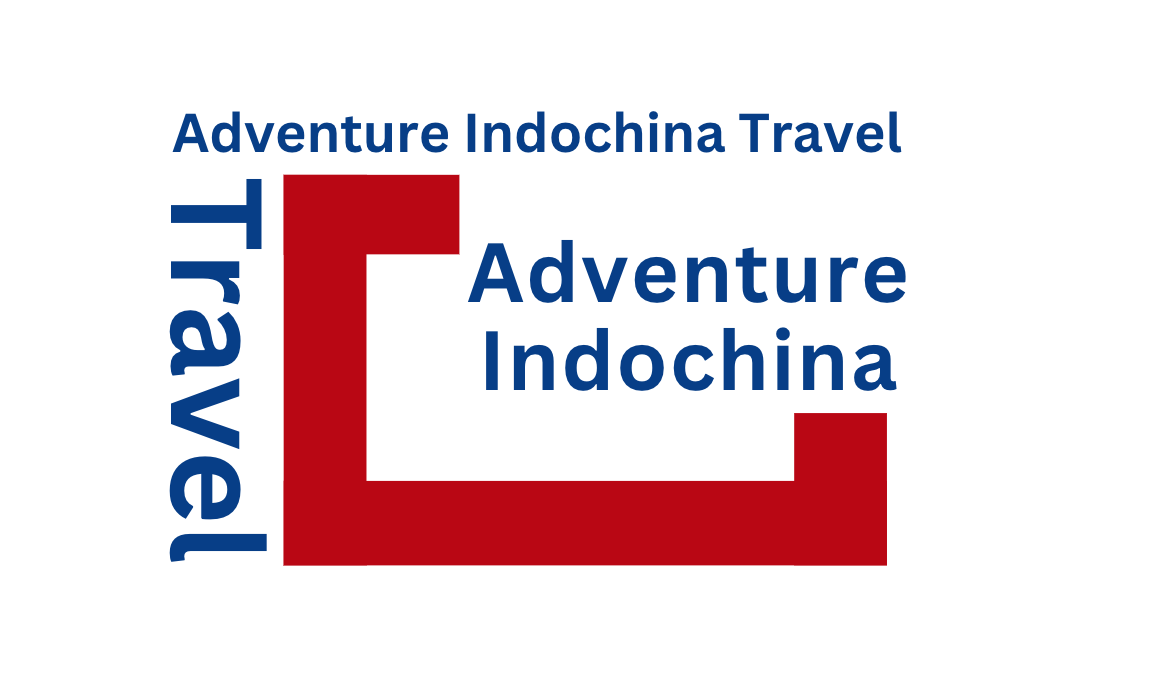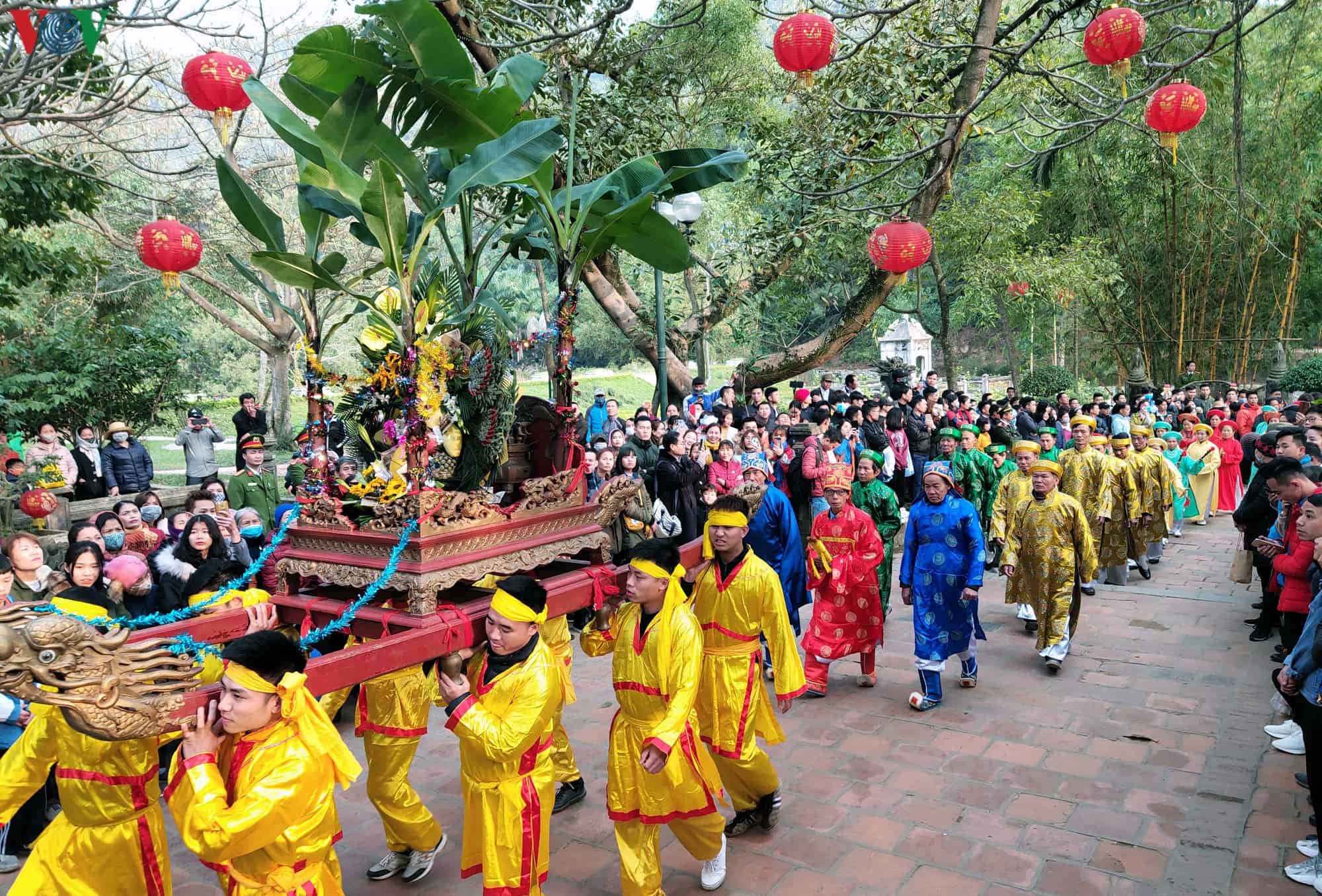
Vietnam is a country steeped in rich and diverse cultural traditions, where festivals play a vital role in the yearly rhythm of life. From solemn family gatherings to lively national celebrations, the Vietnamese calendar is punctuated by vibrant events that reflect the country’s history and spiritual life.
Many Vietnamese festivals have Chinese origins but have evolved over centuries to carry a uniquely Vietnamese flavor. Minority groups across the country also maintain their own distinct celebrations. While most major festivals occur in spring, a second wave of festivities brightens the autumn months.
One of the most important celebrations in Vietnam, and among Vietnamese communities worldwide, is Tet—the Vietnamese New Year. The excitement builds in the days leading up to Tet, culminating in a joyful countdown to midnight on New Year’s Eve. Tet is a time to start afresh, sweep away the past, and embrace the year ahead with good intentions.
Tet is often described as a combination of Christmas, Thanksgiving, and one’s birthday—all rolled into one. While Christmas is primarily a religious event in Vietnam, it is increasingly celebrated nationwide as a time to shop, party, and gather with loved ones. During Tet, families enjoy special foods like pickled vegetables, candied lotus seeds, and sugared fruits, which are first offered at the family altar. The first visitor of the morning holds special significance: ideally, they are respected, wealthy, and happily married, bringing good fortune to the household.
Other ceremonies frequently observed throughout the year include weddings and funerals. The tenth lunar month is considered particularly auspicious for weddings, which, along with funerals, are often celebrated with lively street-side parties under temporary marquees.
Vietnamese festivals also feature a rich tapestry of cultural activities, often reflecting the nation’s vibrant colors. Visitors can enjoy folk singing, chess playing, traditional music, painting, carving, lion dancing, offering lamps on rivers, and classical opera performances.
One notable festival is the Perfume Pagoda Festival, a pilgrimage involving trips to pagodas, temples, and caves. Pilgrims climb halfway up Nui Ba Mountain—often called Lady Den Mountain—to reach the Saint Linh Son Temple. Vegetarian meals are offered in exchange for donations, and visitors can stay at the pagoda for a few days. Monks are renowned for their warm hospitality and attentive care.
Another major celebration is the Mid-Autumn Festival, honoring the harvest season and family bonds. Many Vietnamese families, whether locally or abroad, celebrate both Tet and the Mid-Autumn Festival (Tet Trung Thu), either independently or through community organizations.
Vietnam draws travelers not only for its religious and cultural experiences but also for its stunning natural landscapes. Tours across Ho Chi Minh City, the Mekong Delta, Vung Tau Beach, Ha Long Bay, and beyond offer a glimpse into the country’s unique culture and vibrant festivals, with options to adjust the trip length to suit individual preferences.



